Description
Sodium Benzoate: The Unsung Hero of Food Preservation (and More!)
Sodium benzoate. You’ve likely seen it listed in the ingredients of countless foods and beverages, but have you ever stopped to wonder what it is and what it does? While the name might sound intimidating, sodium benzoate is a widely used and relatively well-understood food preservative with applications beyond simply keeping your food fresh.
What is Sodium Benzoate?
Sodium benzoate is the sodium salt of benzoic acid. In simple terms, it’s a crystalline powder that’s generally recognized as safe (GRAS) by organizations like the FDA when used appropriately. It’s formed by reacting benzoic acid with sodium hydroxide. This process increases its solubility in water, making it ideal for use in liquid food products.
The Key Role: Preventing Spoilage
The primary function of sodium benzoate is to inhibit the growth of microorganisms, specifically yeasts and molds, in acidic food environments. These microorganisms are responsible for spoilage, leading to undesirable tastes, textures, and potentially harmful byproducts.
Think about it: how long would a bottle of soda or a jar of pickles last without some form of preservation? Sodium benzoate plays a crucial role in extending the shelf life of countless products, reducing food waste and ensuring that the food you consume remains safe and palatable for a longer period.
Where You’ll Find It:
Sodium benzoate is commonly used in a wide variety of food and beverage products, including:
- Carbonated beverages: Especially fruit-flavored drinks.
- Pickles and relishes: Its acidic environment makes it ideal for preserving these products.
- Salad dressings: To prevent spoilage and maintain freshness.
- Fruit juices and jams: Protecting them from mold and yeast growth.
- Condiments: Such as ketchup, mustard, and soy sauce.
Beyond food, sodium benzoate also finds applications in:
- Pharmaceuticals: Used as a preservative in some medications and as an excipient (an inactive substance that serves as a vehicle for a drug).
- Cosmetics and personal care products: To prevent microbial contamination.
- Industrial applications: As a corrosion inhibitor and in the manufacturing of other chemicals.
Safety Concerns and Considerations:
While generally recognized as safe, sodium benzoate has faced some scrutiny due to potential concerns about its interaction with other ingredients. The most notable concern revolves around its potential reaction with ascorbic acid (vitamin C) in acidic environments to form benzene, a known carcinogen.
However, it’s important to note that the levels of benzene formed are typically very low and are closely regulated by organizations like the FDA and the World Health Organization (WHO). These organizations set limits on the permissible levels of sodium benzoate and benzene in food products to ensure consumer safety.
The Bottom Line:
Sodium benzoate is a widely used and effective food preservative that plays a significant role in extending shelf life and preventing food spoilage. While concerns about potential benzene formation exist, regulatory bodies closely monitor and control its use to ensure that levels remain safe for consumption.
So, the next time you see “sodium benzoate” on an ingredient list, remember it’s not just some mysterious chemical compound; it’s a valuable tool that helps keep your food fresh, safe, and enjoyable for longer. As with any ingredient, moderation and a balanced diet are key to a healthy lifestyle.

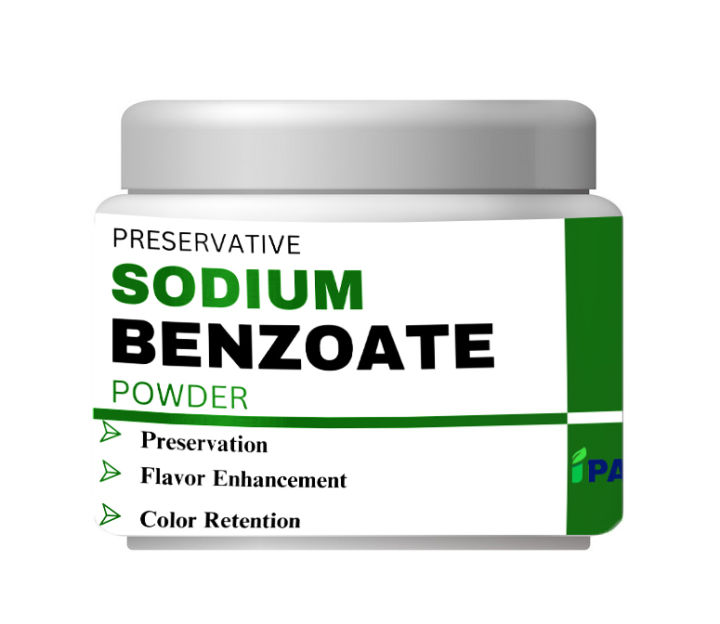

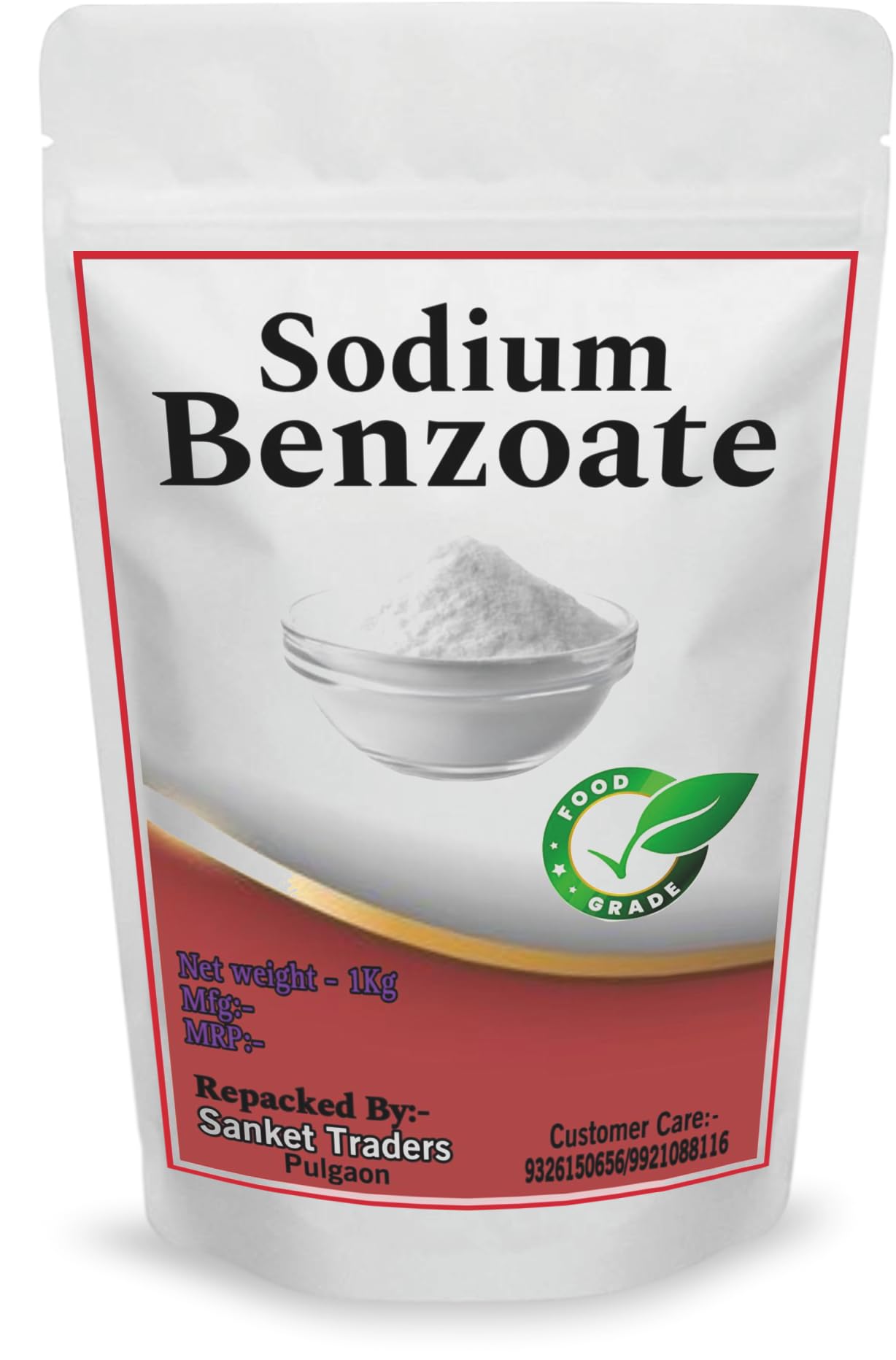
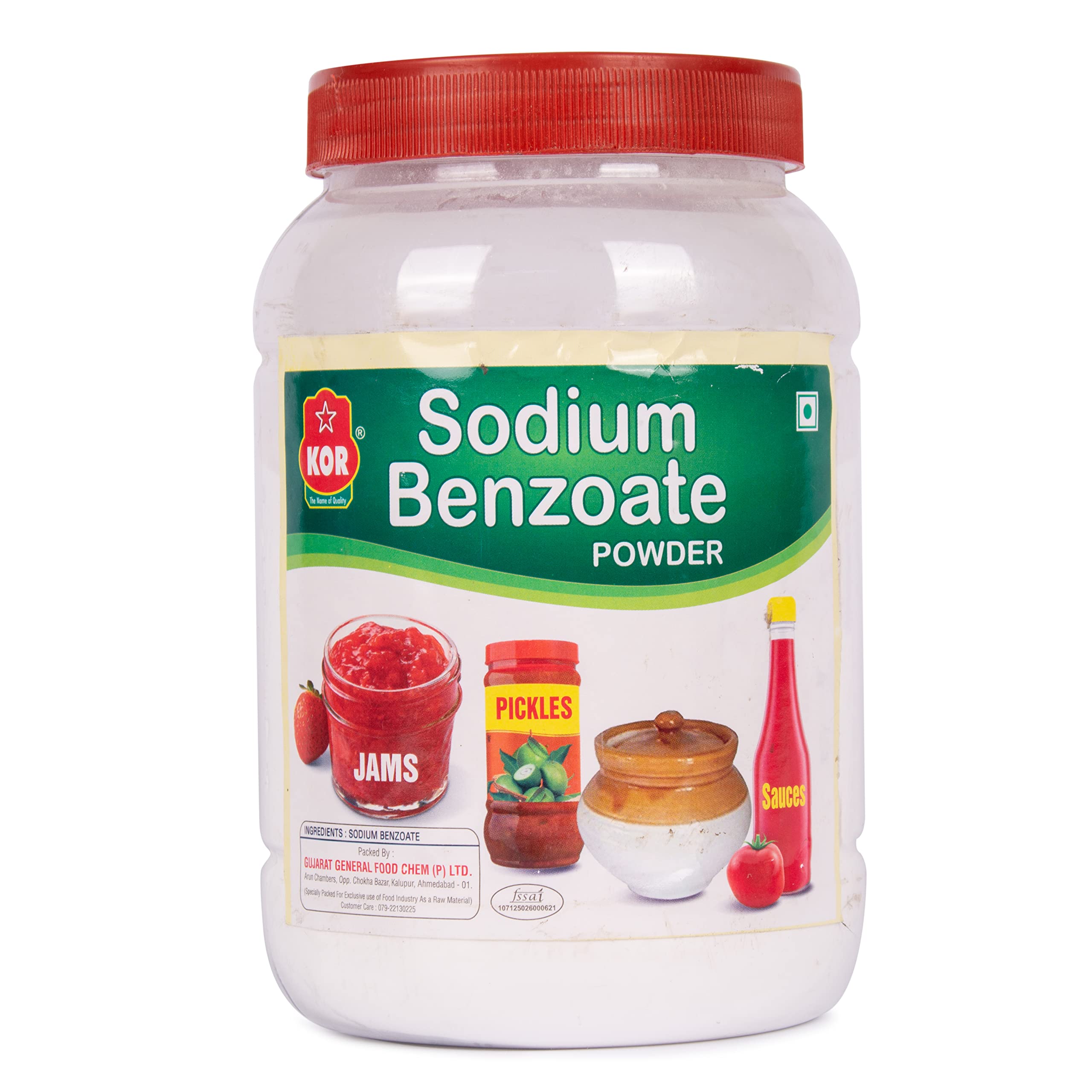
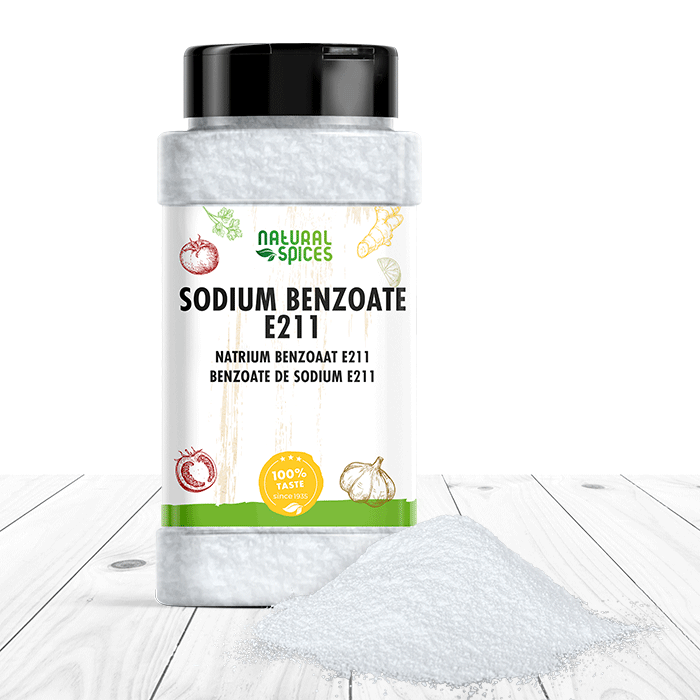


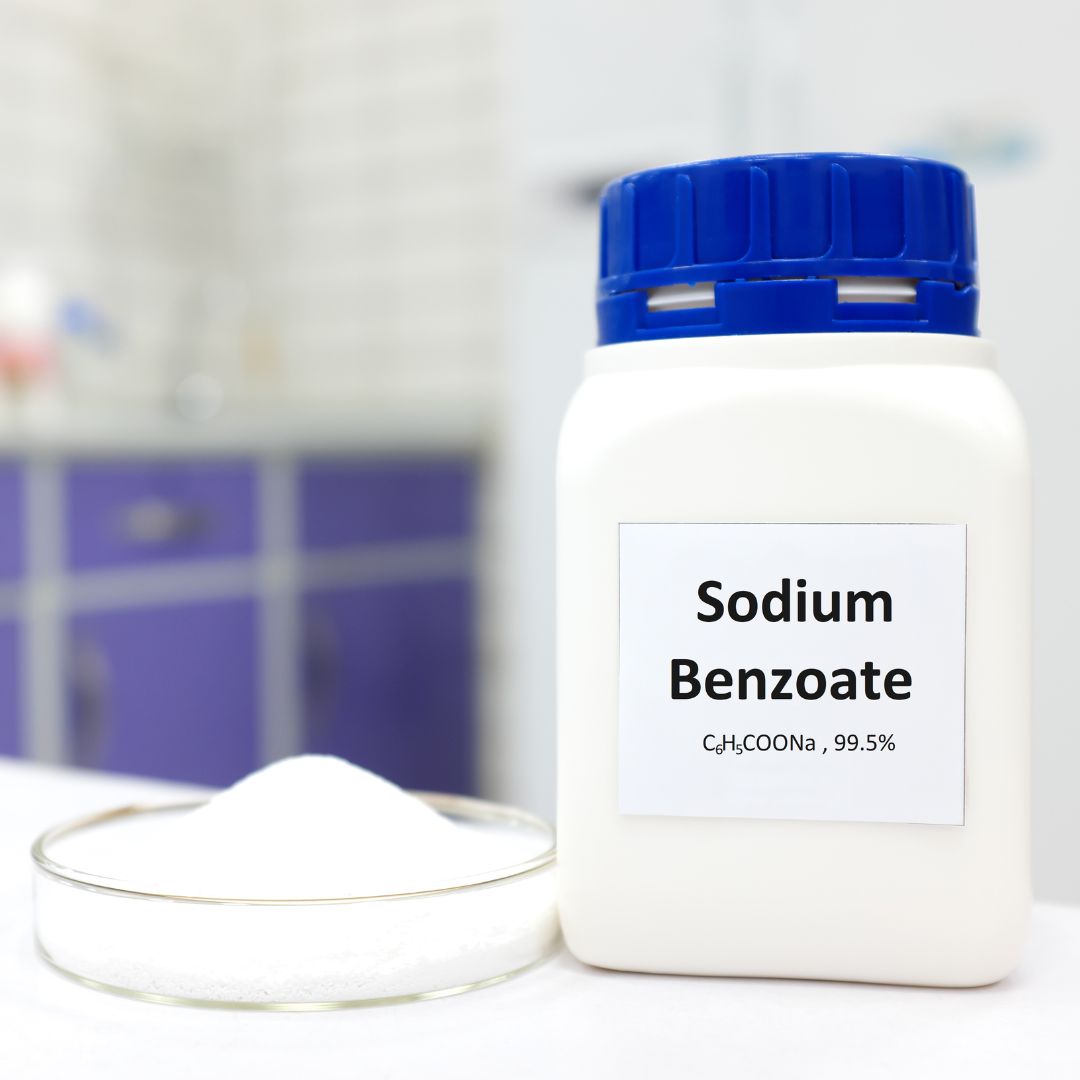
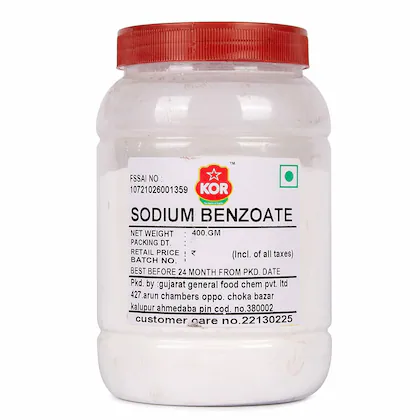
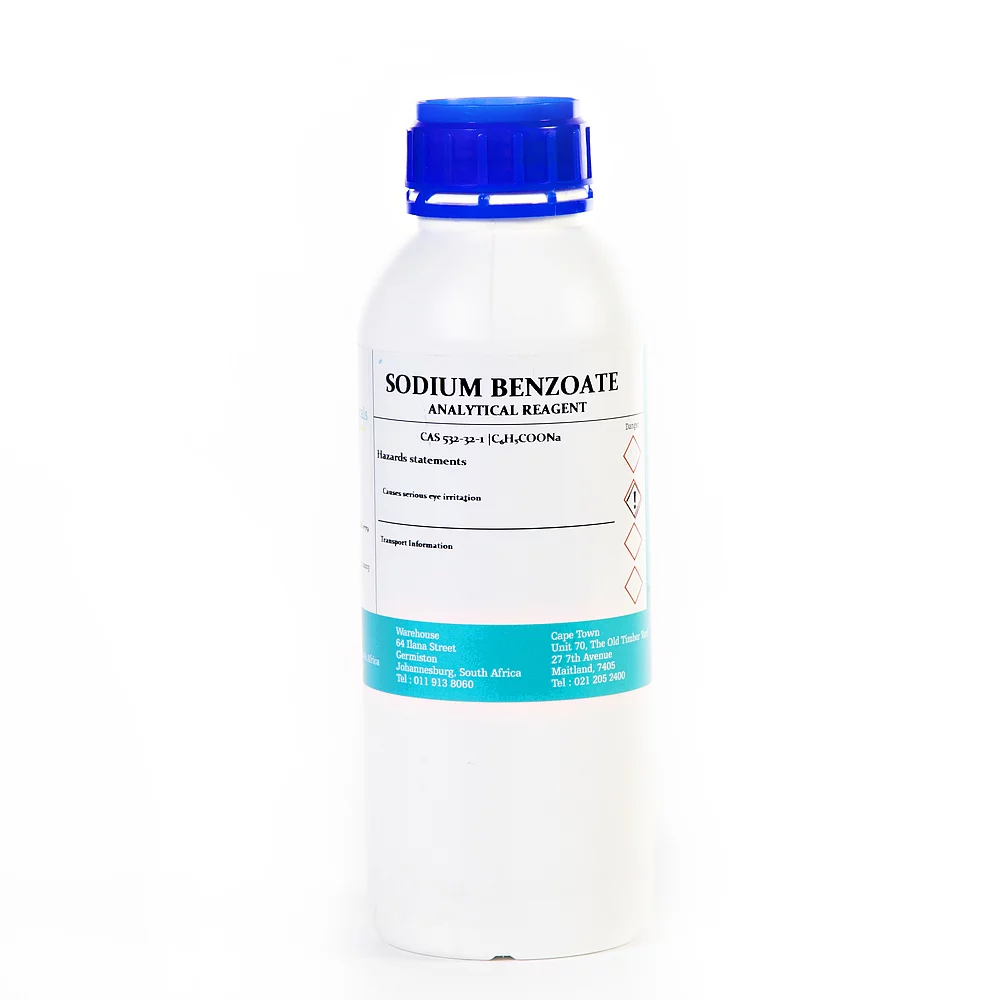
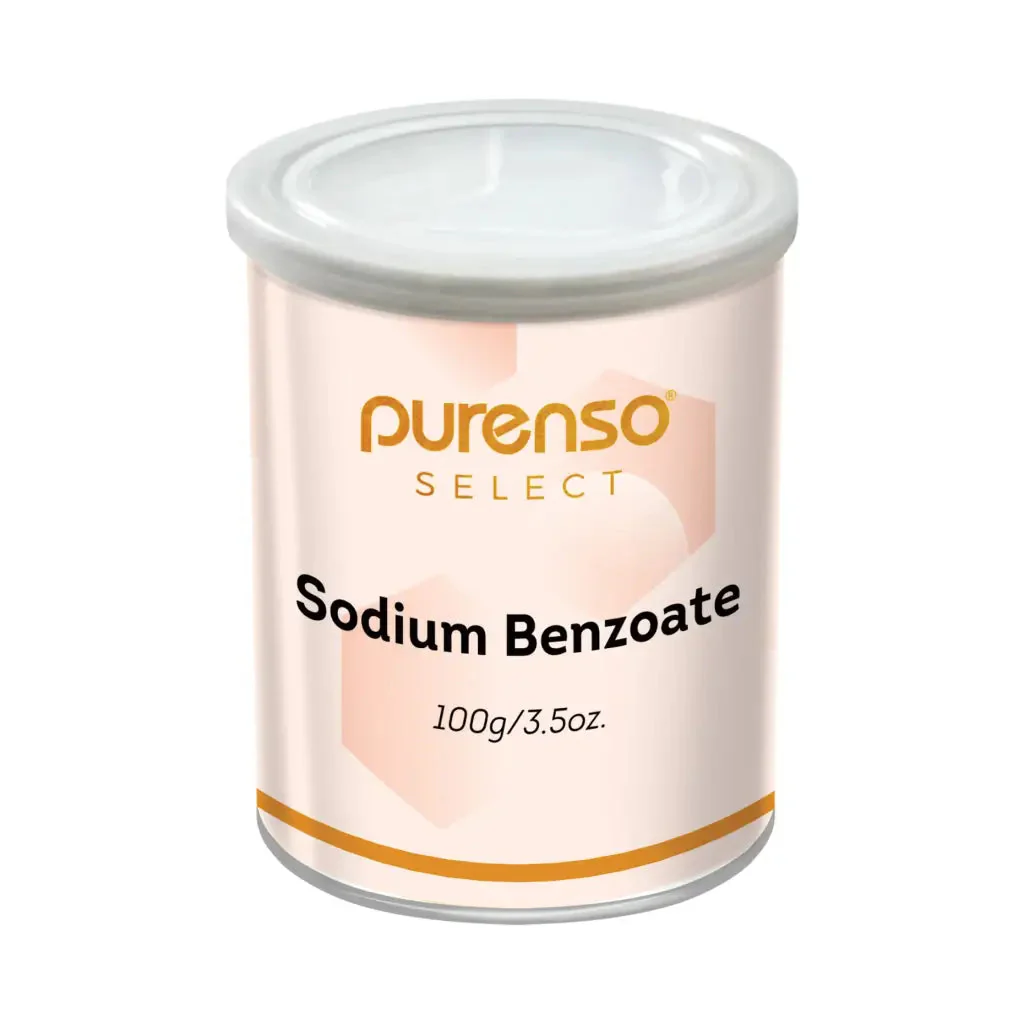

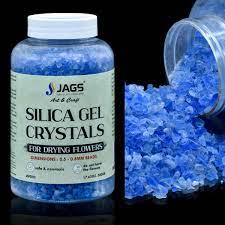
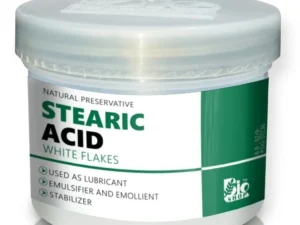
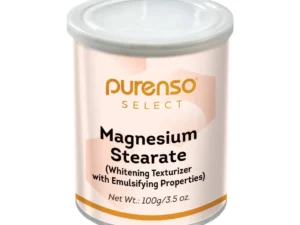
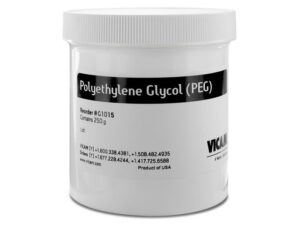
Reviews
There are no reviews yet.